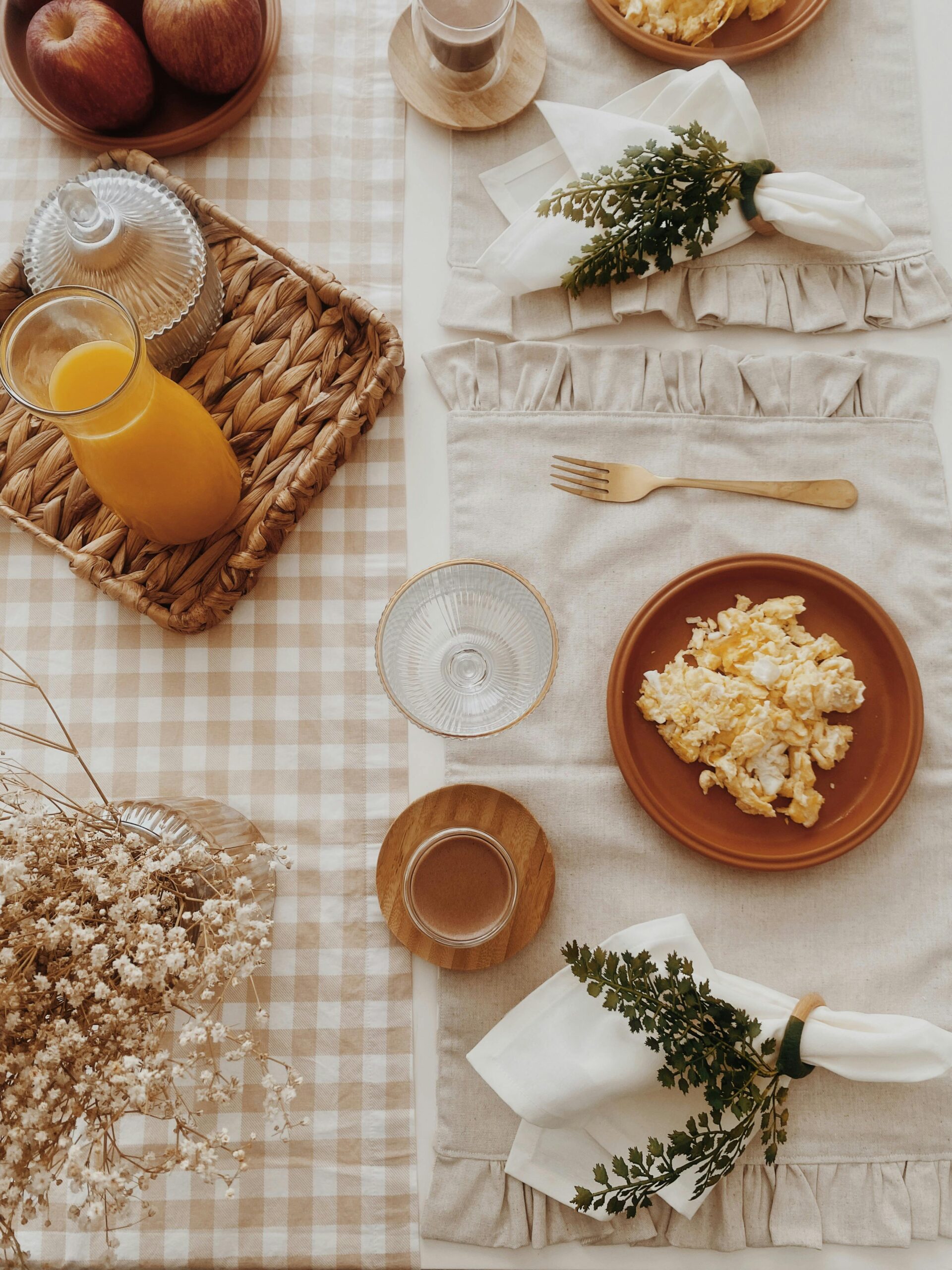Nine years ago I sat in orientation with six other individuals in my class signing paperwork and learning about this new, rewarding profession that I had gotten myself into. The world of emergency telecommunications lay before me, and I was so ready and pumped to make the most of this career. I recall our Training Coordinator noting our enthusiasm and commenting that she wished we would maintain that same energy about the job down the line, but humorously adding, “probably not though.” I suppose now in retrospect she wasn’t saying that in an altogether cynical way; it was just something she had witnessed again and again… the fire in many a dispatcher’s heart burning out to a low flicker of a flame because life happens, and sometimes the calls we take suck all the joy out of us. On top of that, this profession, for all of its worthiness and importance to public safety as a whole, remains underpaid, underrecognized, and understaffed.
So why stay? In 2024 when there are retail stores and grocery stores paying higher hourly wages in some areas, why would anyone choose to stay in 911, as emotionally draining and stressful as this profession can be?
“The headset warriors that do this job don’t do it for the money or the accolades.”
Here’s a fact, the headset warriors that do this job don’t do it for the money or the accolades. Certainly, it’s important to note that some people may not have the financial stability to quit their job without having another one lined up. Some may also feel that they have invested too much time and effort into their current job to leave it behind. There may be many other factors in play for why someone chooses to stay but truth be told there are other sustainable industries that they could work in for job security and decent benefits. Like any job in emergency services, 911 is emotionally taxing, physically challenging, work that never stops, not on weekends, holidays, birthdays, or anniversaries, and there isn’t always a lot of support out there for this profession.
Those who choose to stay in this line of work and find fulfillment in the work of public safety telecommunications are a special kind of people. They are characterized by some of the best, most noble, and most endearing qualities in humankind. They are real life superheroes devoted to something far greater than themselves and they are resigned to a life of service, however difficult, over comfort and routine. They prefer coordinating through the chaos over resting easy in a cushy 9-5. That’s not to disrespect any 9-5 workers, but it’s just not what we are used to in 911.
“So, again, I ask the question…Why stay in 911?”
Remember when all everyone was talking about was this trend of “quiet quitters,” the employees who were consciously not making any extra effort in their work? They did their job, collected their paycheck, and beyond that they were disengaged and unwilling to do anything outside the confines of their job description. Well, I always thought it was interesting that of the many articles and blog posts I have read on the trend from people widely representing so many sectors of the nation’s workforce, I never encountered any articles written by someone in public safety who identified as a quiet quitter. I imagined it was because in our profession that simply isn’t an option. We are always going above and beyond for our citizens, our communities, our callers, and our fellow responders. There is no “bare minimum” to our job, and no one only does “just their job description.”
“Instead of “quiet quitters,” you will only find “quiet hitters.””
Instead of “quiet quitters,” you will only find “quiet hitters.” Quiet hitters are the ones who continually “hit it out of the park” every day, every shift; they give their all and think nothing of it. It’s just what they do, and they do it with excellence and unwavering positivity, a smile on their face, and in their voice. They choose to stay because to them staying means staying true to the work that drives them. They passionately connect with what they do beneath the headset, and they connect with the people they serve. They stay for reasons other than money or praise or fame; for reasons that hold far more value.
The quiet hitters I know in 911 stay for the intrinsic value that they feel as a person who works in emergency services. They get to begin and end a 10-hour, 12-hour, 16-hour shift with the satisfaction that their voice impacts lives, saves lives. They know that they don’t have to wonder if the work they do makes any difference in the bigger picture. They don’t need the world’s gratitude or any trophies or presidential medals to appreciate that they matter to a world that will always need emergency services at the drop of a map pin. They feel rewarded by the sounds of a new baby crying that was successfully delivered thanks to their diligent medical instructions. They feel satisfaction when they can say they helped facilitate someone getting the help they needed, or helped them to get justice, and their officers and field units went home safe and sound to their families by the day’s end. They feel valued when they can pick up an overtime shift or a swap and because of them a coworker gets to have a much-needed day off with their own families. They feel assured of the value in their work when they can end the day knowing that someone in one of the darkest, lowest moments of their life dialed 911 and reached a trained, caring, and calm professional who listened to them. They might have been the first compassionate voice that person has heard in a long time, and of all the people that could have answered that emergency line, it was them.
Those who stay in 911 stay because…
They get to work for organizations that support them, champion their professional growth, and believe in their purpose and their passion.
“They get to work for organizations that support them, champion their professional growth, and believe in their purpose and their passion.”
They stay because of people-driven leadership, because of leaders who are more concerned with building up the people in the seats than building up their own personal agendas or bolstering their resumes.
They stay to feel like they have earned their legacies in the giant wheel called 911 that keeps all sectors of public safety running efficiently and effectively.
They stay because the time and energy they pour into the job somehow makes the job feel less stressful and less unmanageable.
They could leave and go somewhere else, but they know deep down that it wouldn’t fill their cups in quite the same way that 911 does.
They stay because they are proud of what they accomplish in the lives of every person who is touched by their line of work.
All the raises, the merit increases, and bonuses can only keep a person committed to the job for so long, but true joy is found in the appreciation you can hear in your caller’s voice when you have made their day a little brighter. There is nothing more validating than listening back to some chaotic clip of radio traffic and hearing through the noise and hecticness the gentle voice of a dispatcher on the other side of the radio echoing back the information received and relaying important information to responders with all the composure of someone reading the back of a cereal box.
They stay because not everyone in the world could do this job, but they can.
Some of the most loyal, devoted, and hardworking frontline 911 professionals that I know in this industry stay because there is still so much they want to change and champion for in 911. They are the informal leaders on their shifts rallying for better work cultures and more support from admin and supervision. They are the members of morale committees, Diversity, Equity, and Inclusion committees, and other work groups still fighting for a more personable, civil, and supportive work environment.
They are what my good friend, Andrea King-Smith, refers to as “Change Champions.” They don’t complain about what they see; they try to positively affect how things currently are to hopefully make it better for the person next to them. Some stay because they can still recount their horrific sagas with toxic, rude, lazy, or incompetent trainers, and now that they are trainers themselves, they strive to be for the recruits in their care what they wish they had back then. Some stay because they believe in the future of 911 and they want to be a part of that future. They believe that the world is a far better place because of the trained, skilled professionals on the other end of a 911 line or a police radio, and they never want that belief in their heart to ever die.
So, I guess the reason why we stay in this career, surviving the chaos, and managing sometimes with very little support, resources, funding, and manpower, is because this is the best job in the world. And we wouldn’t want it any other way.










